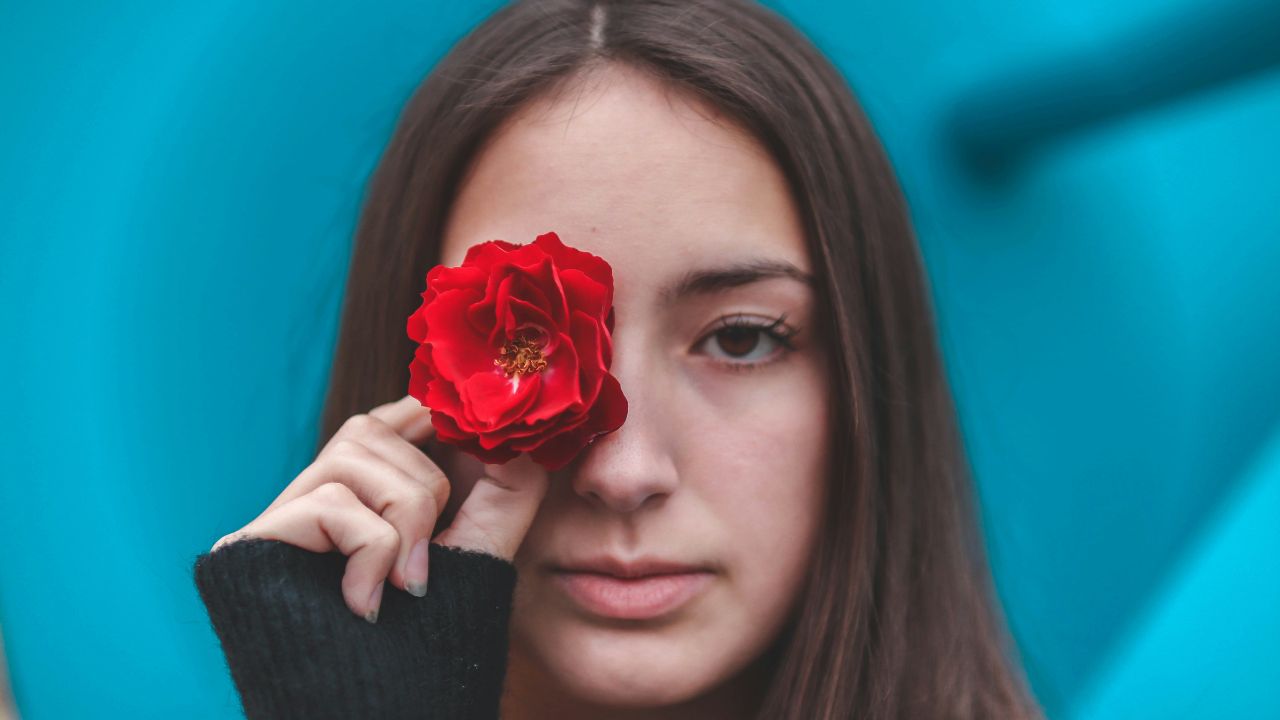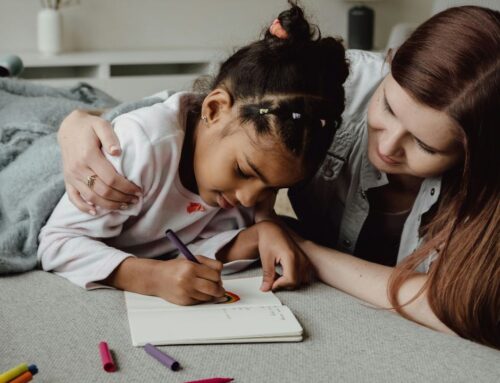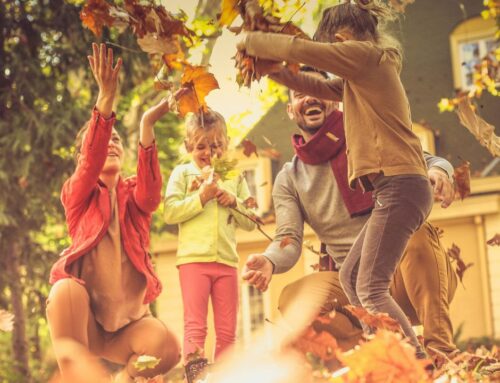If you’ve ever listened to a child speak their mind, you know they often say things that are profound, hilarious and refreshingly honest. Kids see the world differently—and their perspectives matter. At SelfDesign® Learning Foundation, we believe those perspectives should not only be heard but honoured.
We treat learners’ ideas, opinions and questions with the same respect we give to parents/guardians and educators. That’s because at SelfDesign, learners take an active role in shaping their own learning journeys, with the guidance of their family and educator.
This unique approach allows learners to design their own path based on their individual strengths, interests and passions.
Learner-led projects lead to real-world impact
Katherine Muncaster was one of the first students in SelfDesign’s original high school program, known as Virtual High. She joined a learner-led initiative called VillageQuest, which imagined a sustainable eco-village in Vancouver’s False Creek. That project would go on to inspire aspects of the Olympic Village built for the 2010 Winter Games.
That hands-on experience ignited Katherine’s passion for environmental issues and set her on a path that led to her current role as Director of Energy Efficiency Policy for the BC government.
“[At Virtual High] I could pursue my passions and interests, and everyone was supportive and non-judgmental,” Katherine reflects. “It was a really supportive environment for people to flourish in.”
Wyatt Miller-Unser customized his entire SelfDesign high school journey around his passions for photography, videography and graphic design. Wyatt was given the flexibility to create his own courses and opportunities to work with experts, as well as explore real-world learning experiences.
“I could write plans for solo courses and get those approved,” Wyatt recounts. “I just kept doing them, and they kept approving them.”
Wyatt even brought together groups of peers and arranged for local instructors (including college faculty) to teach specialized topics. He learned the full process of filmmaking from scripting to editing, through a course he initiated and co-designed, and he benefited from being able to try different paths without fear of failure.
“I had a lot of responsibility early on.” Wyatt shares. “I could follow my interests and create courses if I wanted to. There was so much stuff I would do just to try it to see if I liked it.”
After commencing from SelfDesign, Wyatt studied digital arts, co-founded a video production company, and now freelances in video and design. He’s also come full circle—he now creates video content for the HomeLearners Network, part of the SelfDesign family.
Learners lead with their voices
SelfDesign actively uses learner feedback to improve and evolve its programs. Course design is often informed by learner feedback from other courses, as learners are surveyed by SelfDesign’s Education Program team at the end of courses, themes or events.
Learner feedback helps SelfDesign remain transparent and accountable, and shows learners that having a voice is their right and often leads to significant changes. Courses like grades 8-9 Thinking Classroom Math, grade 12 Digital Media and grades 11-12 Chemistry were developed based directly on learner suggestions.
Turns out that learners are really into speaking up and sharing their thoughts. As of May 2024, 96% of grade 10-12 learners respond to surveys and empower themselves in the process. As team lead Janice Green puts it: “The learners are leading the change.”
SelfDesign puts learners in the centre of their learning path
The entire SelfDesign philosophy is centred around listening to learners and encouraging self-direction:
-
- Learning is shaped around a child’s own interests, curiosities and passions.
- Learners imagine, plan, explore and reflect to build their own knowledge—rather than passively receive it.
- SelfDesign honours each learner’s unique abilities, learning styles, gender identity, cultural and spiritual beliefs, and pace. Learners follow paths appropriate to their own phase of life and personal development.
- Learners are encouraged to develop self-agency, confidence, authenticity and resilience.
- Learning evolves through cycles of imagining, planning, experiencing, reflecting and reimagining.
By allowing learners to look within and guide the evolution of their learning, critical personal qualities are cultivated:
-
- Self-awareness
- Responsibility
- Reflection
- Presence
- Flexibility
- Openness to multiple perspectives
“SelfDesign is a process and a practice, with an evolving outcome of increasing self-determination, self-responsibility, and awareness of social and global interdependencies,” explains River Meyer, former Director of Organizational Learning at SelfDesign. “The beauty of our philosophy is that it encourages each and every learner to develop and follow their own enthusiasms, trusting in their innate ability to learn from what we call a curriculum of life experiences. It supports them as designers of their own personalized learning journey.”
Learn more at selfdesign.org







